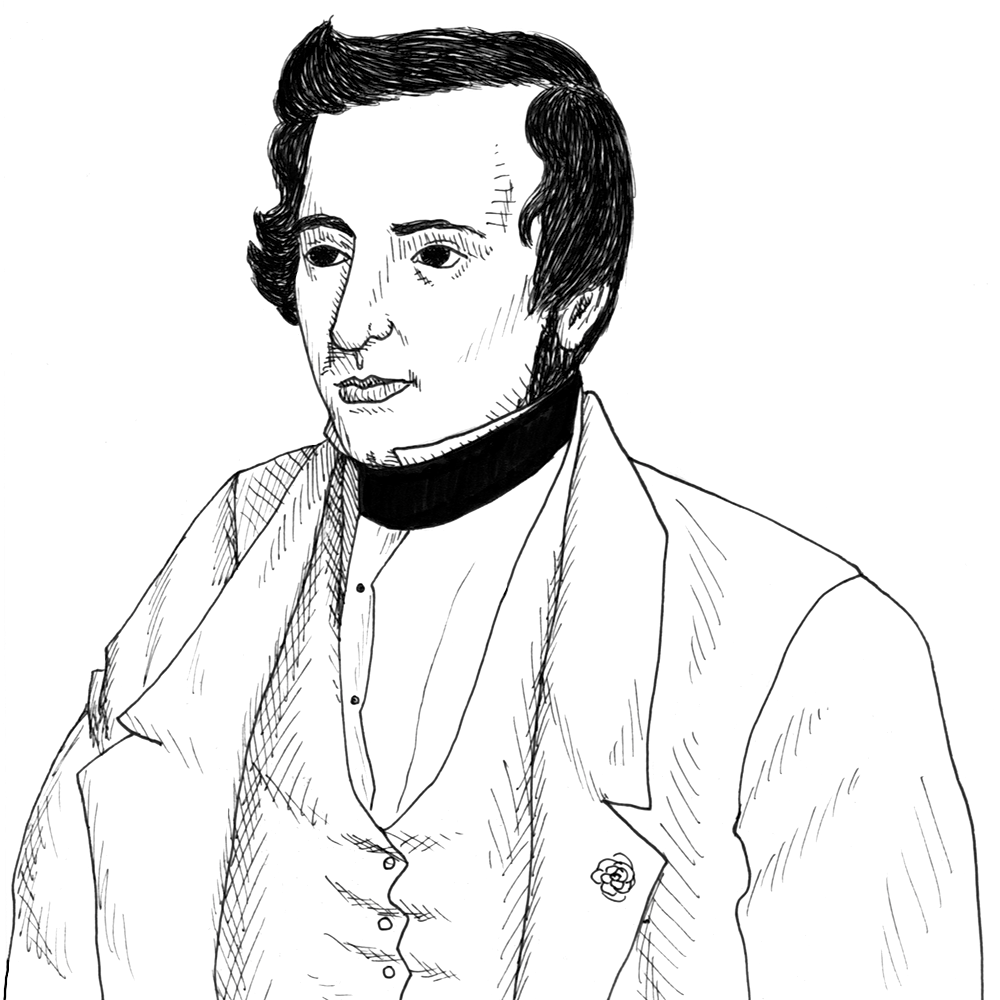
Thierry on the need for songs about our lost liberties which will act as a barrier to encroaching power (1845)
Found in: The Historical Essays and Narratives of the Merovingian Era
The French classical liberal Augustin Thierry (1795-1856) admires the habit of the conquered Irish to sing about their lost liberties. Thierry hopes that the French might learn from this, to use “nobler songs” as “a barrier to a power always tempted to encroach”:
Literature & Music
Oh! could we from death but recover
Those hearts as they bounded before,
In the face of high heav'n to fight over
That combat for freedom once more.
Could the chain for an instant be riven
Which tyranny flung round us then,
No; ‘tis not in man, nor in Heaven,
To let Tyranny bind it again!
But ‘tis past—and, tho’ blazon’d in story
The name of our victor may be,
Accurst is the march of that glory
Which treads ‘er the hearts of the free.
Far dearer the grave or the prison,
Illumed by one patriot name,
Than the trophies of all who have risen
On liberty’s ruins to fame.